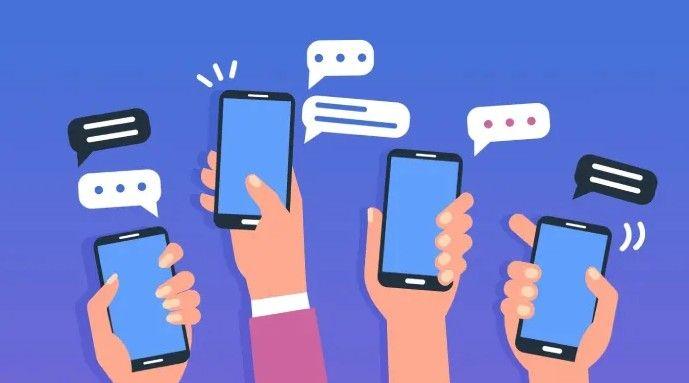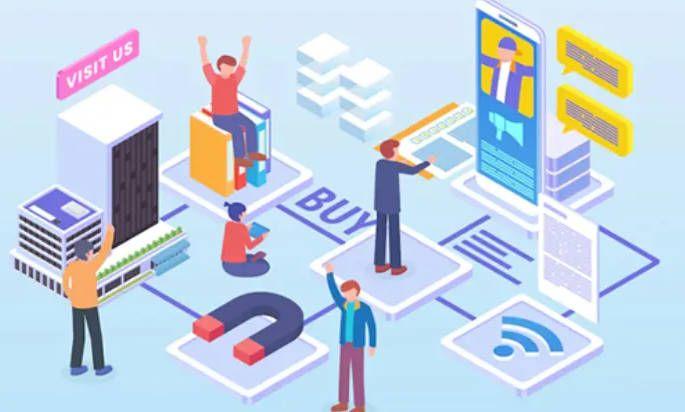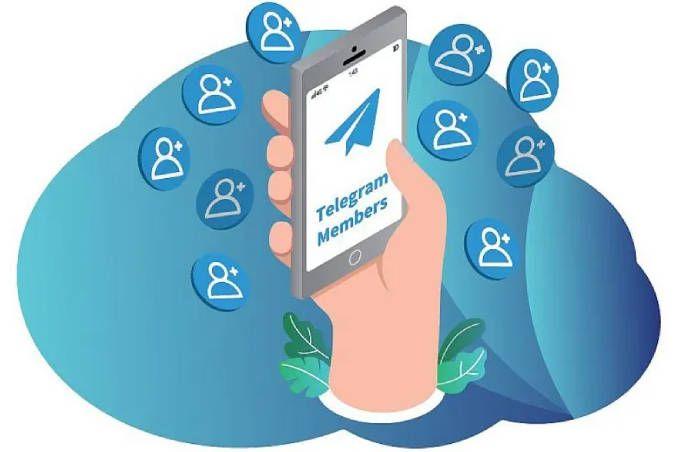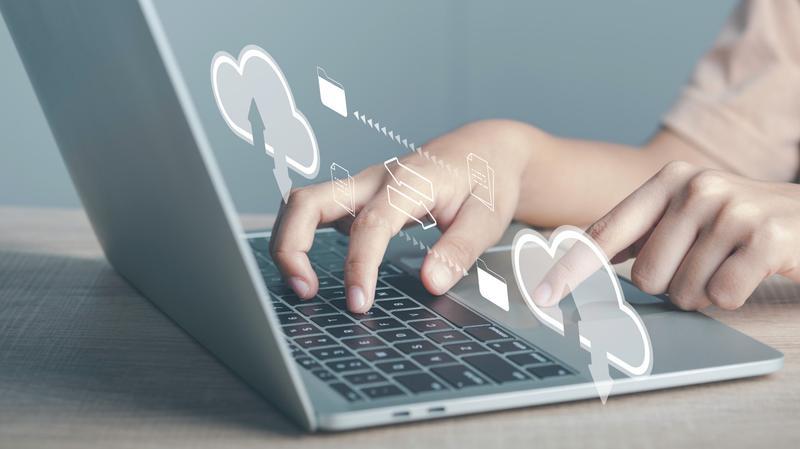Internal Customer Service: Definition and Best Practices

LIKE.TG 成立于2020年,总部位于马来西亚,是首家汇集全球互联网产品,提供一站式软件产品解决方案的综合性品牌。唯一官方网站:www.like.tg
Most businesses have a team dedicated to providing excellent customer service every day.
However, taking care of your employees and offering them support when necessary is just as crucial to running a successful business as providing excellent support to your customers. Customer satisfaction and employee satisfaction reflect each other.
While happy and motivated employees tend to give their best at work to satisfying customers, frustrated employees are likely to spread negativity to customers and perform poorly, as well.
Additionally, having your employees prepared leads to an increase in employee productivity, speeding up problem resolution, and higher employee retention rates.
In this blog, we explore several best practices and guidelines to internal customer service.
What is internal customer service?
Internal customer service refers to the support and assistance provided to employees within an organization. This is often the case in a work environment where team members support each other to accomplish tasks.
For example, in a software development team, a developer might need assistance from another developer who is more experienced or has a particular set of skills.
The developer assisting in this context is a customer service provider, while the one seeking help is the customer.
The main aim is ensuring employee satisfaction, keeping them happy and motivated, and creating a positive work environment for productivity and success.
Difference between internal and external customer service
The difference between these two types of customer service lies in the recipients and the context in which the service is rendered.
| Internal customer service | External customer service | |
| Recipient of service | The support and assistance is provided specifically to employees. | The support is provided to individuals outside the organization, such as customers, vendors, suppliers, or stakeholders. |
| Focus | Focuses on meeting the needs and expectations of employees and ensuring their satisfaction. | Revolves around customer satisfaction and maintaining lasting relationships. |
| Communication | Involves interactions among different teams or departments. | Involves interactions with organization’s clients or partners. |
| Metrics | Track employee-related metrics, such as their satisfaction, productivity, inter-departmental collaboration, and internal customer service efficiency. | Track customer-related metrics such as their satisfaction, loyalty, efficiency at using products, retention, and churn rates. |
Both internal and external customer service are crucial for the success and growth of an organization, as they contribute to overall employee satisfaction, customer loyalty, and business performance.
Best practices for enhancing internal customer service
The following are some of the strategies for ensuring you provide outstanding internal customer service.
1. Understand your employees better
A company should try to know its employees, get their perspectives and what motivates them, to gain insight into their thoughts and emotional requirements.
By attempting to grasp the origins of their viewpoints and experiences, organizations can optimize their internal customer service practices and establish a benchmark for excellence.
Promoting empathy and patience in the workplace helps companies address employee needs and concerns better, thus improving their satisfaction and fostering productive relationships within the organization.
2. Offer training programs for employees
Sometimes, the same problems recur, making it difficult for staff members to work efficiently. Therefore, companies should continuously train staff members so they can handle even complicated problems on their own.
They can consider implementing the following:
- Arrange training workshops for staff members to acquire optimal communication and problem-solving techniques.
- Hold regular company meetings that involve all relevant employees to discuss recent rising issues and come up with lasting solutions.
- Create forums for employees to learn and practice new
Establishing such programs as a routine will equip workers to handle similar situations on their own in the future.
3. Always be friendly and keep an interactive tone
Although professionalism is valued, not all internal interactions inside a company should be conducted formally.
Building relationships among internal stakeholders during departmental exchanges requires using a conversational tone.
Your support teams should practice speaking to one another politely and with respect at all times. Employees should try and hold casual conversations, with friendly tones.
They should also always be encouraged to lend a hand to co-workers in need.
4. Establish clear objectives targets for your employees
It’s challenging to work for a corporation if you are unsure of what is expected of you. You should set clear expectations for internal support in your organization.
Make sure all your staff members are aware of the precise standards you expect them to uphold and that they know their roles.
5. Offer clear instructions on how to resolve employee-related issues
When faced with issues, employees often rely on the guidance and expertise of their internal customer support team.
By articulating precise instructions, these co-workers can effectively help them solve their problems.
For employees who frequently help other employees, make sure they know how to identify and emulate good directions.
This not only saves valuable time but also minimizes the potential for confusion or misinterpretation.
6. Provide multiple communication channels for your employees
Companies should strive to offer a variety of communication channels through which their employees can interact and seek support. These channels can include email, an internal help center, and messaging apps.
An multichannel strategy lets:
- All employees communicate with each other effectively via any preferred channels.
- Your employees reach your dedicated internal customer service team.
- Your employees select the channel that works best for them.
Information is streamlined across departments, which minimizes pointless inquiries and prevents crucial information from becoming lost or distorted during communication.
7. Make self-service options
Making support resources easily accessible to all employees lets them resolve their issues independently.
It’s beneficial to have a central repository such as an internal knowledge base with resources like regulations, policies, troubleshooting, and frequently asked questions.
A knowledge base will serve as a comprehensive source of information that’s helpful for internal customer service to be effective.
To improve employees’ satisfaction, you can also create online platforms such as community forums where staff members can ask for and share suggestions and ideas at any time.
These self-service tools can also be utilized for training and staff onboarding.
8. Pay attention to your employees and monitor their feedback
Listen to employees’ concerns and reach out to them to get a clearer picture of issues at hand.
Team leads should initiate open and transparent communication amongst the team members.
These leads should pay attention to employees’ experiences at work when it comes to solving issues.
Actively seeking feedback about workflows, either through structured surveys or informal conversations, lets you gain a comprehensive understanding of employee concerns, suggestions, and expectations.
Such feedback serves as a valuable tool in identifying the root causes of internal customer service gaps. It enables organizations to devise action plans to rectify the shortcomings or make necessary improvements.
9. Celebrate and reward exceptional support effort
According to Deloitte, recognition raises employee engagement, which in turn raises work performance and creates business value. Appreciation boosts output, performance, and employee engagement by 14%.
Companies should encourage a culture where helping co-workers is expected by implementing initiatives that recognize and reward employees who do it.
You can consider the following appreciation strategies:
- Reward and honor staff members who have gone the extra mile to assist colleagues when necessary.
- Thank employees who provide support that enables others to complete an assignment successfully.
Recognizing and celebrating employees’ efforts and achievements not only boosts morale but also reinforces a work culture in which employees want to work.
Why is internal customer service important?
The following are some advantages of placing emphasis on internal customers in an organization.
Improves employee satisfaction
When employees feel supported and have their needs met, it makes their work easier and they are more likely to feel motivated and be more productive.
Speed up problem resolution
Good internal service fosters a culture of teamwork and collaboration. When employees know can rely on their colleagues for assistance and have an easy means of asking for it, they feel more comfortable asking.
Instead of floundering for a long time trying to solve an issue, an employee will know who to ask for a solution and feel at ease doing so.
Improves external customer service
The experiences of external customers are the main emphasis for most organizations.
However, an organization that values internal customer service often improves their external customer service.
Suppose your customer service employees receive good treatment and are comfortable with their responsibilities.
In that case, they will enjoy working for your company and be willing to go above and beyond to provide your consumers with the same experience.
As a result, a business may be able to gain more loyal customers and enhance the calibre of service their customers receive.
Increases employee retention rates
A strong internal customer service culture can contribute to higher employee retention rates.
When an organization attends to the needs of its employees, they tend to be more loyal to the organization.
They will not only work harder but also be less likely to seek employment elsewhere when they feel valued and supported.
Better reputation
When supporting each other is encouraged and employees are satisfied, they are motivated to leave positive reviews and feedback about the company on sites like Glassdoor.
Such a positive company reputation can attract and retain top talent, since employees are more likely to seek opportunities in organizations known for their excellent employee support.
Improves employee productivity
Efficient internal customer service processes help employees access the tools, information, and resources they need to perform their jobs. This in turn enhances their overall productivity.
LIKE.TG tools for internal customer service
Here are examples of the tools that businesses can utilize for internal customer service:
- Email addresses: Create a work email address for each employee to interact with others This is usually something like [email protected].
- Internal communication platforms: These are integrated communication tools for casual interactions between employees that occur more frequently, such as Microsoft Teams and Slack. Employees can chat, video conference, and share documents instantly.
- Live chat software: Supports real-time interaction between employees, ensuring any issues that need immediate attention are resolved quickly.
- Embeddable web forms and widgets: Allows employees to easily contact each other via contact forms embedded in the company’s internal and external websites and access different help center pages, like an internal knowledge base, FAQs, and more.
- Mobile app: Provides instant access to LIKE.TG from a mobile device, freeing internal support agents to do their jobs beyond the confines of their desktop or laptop.
- Internal help desk software: These are tools with which employees can make support requests and create tickets for different departments to collaborate and address their issues swiftly. For example, LIKE.TG is cloud-based, modern customer service software that facilitates a wide range of customer support activities for both internal and external customers.
- Self-service portal: Establish web-based employee portals and help centers, where company employees can obtain HR data, search for solutions to commonly asked questions, and access the most recent information regarding benefits, laws and regulations, and other things.
Examples of internal customer service
Here are some common examples of internal customer service in a company.
| Department | Role |
Administration | These roles provide administrative support to various departments, including scheduling, document management, and general assistance. |
HR service | The human resource (HR) department is responsible for managing employees’ experience. The department assists employees with onboarding, benefits, payroll, and other personnel-related matters. |
IT support | The IT support department provides technical support to other departments, helping with hardware issues, technical troubleshooting, software installation, network problems, and more. |
Facilities management | This department ensures that the workplace is well-maintained, including managing office space, cleaning, and repairs. |
Training and development | This department offers training programs to help employees enhance their skills and knowledge. |
Internal help desk | A help desk provides a central point of contact for all internal inquiries and support requests. It connects all departments and can offer a central repository for documents and basic information from all of them. |
Employees assistance program | Administrators of programs like this offer counselling and support services to employees dealing with personal or work-related issues. Top of Form |
Elevate team performance by utilizing internal customer service
Any organization will benefit from providing excellent customer service to both employees and customers alike.
Employee satisfaction will increase if you treat them with care and provide support. Establishing a cooperative employee culture benefits everyone in an organization.
Schedule a live demo to see how LIKE.TG can help your customer support team more easily address other teams’ needs. Start a free trial to explore its many features. If you have any questions about the product and its capabilities, feel free to contact the LIKE.TG support team.

LIKE.TG 专注全球社交流量推广,致力于为全球出海企业提供有关的私域营销获客、国际电商、全球客服、金融支持等最新资讯和实用工具。免费领取【WhatsApp、LINE、Telegram、Twitter、ZALO】等云控系统试用;点击【联系客服】 ,或关注【LIKE.TG出海指南频道】、【LIKE.TG生态链-全球资源互联社区】了解更多最新资讯
本文由LIKE.TG编辑部转载自互联网并编辑,如有侵权影响,请联系官方客服,将为您妥善处理。
This article is republished from public internet and edited by the LIKE.TG editorial department. If there is any infringement, please contact our official customer service for proper handling.


















